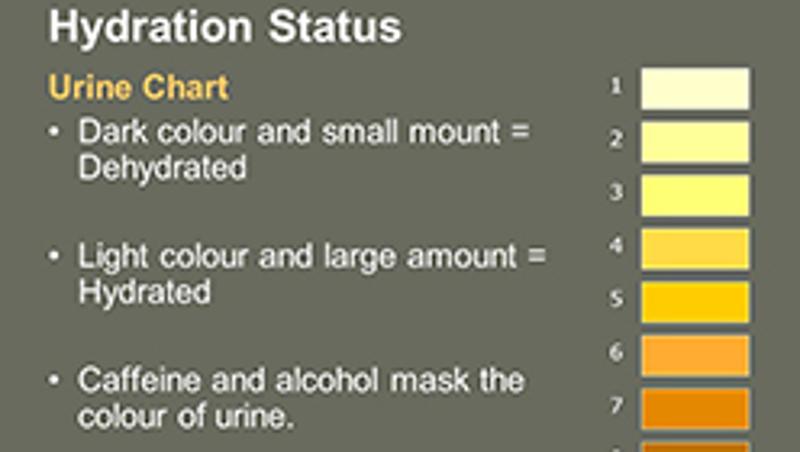
Heatwaves are second most lethal major public health threat after pandemics
Ways to cool down:
- Shade – wear it, seek it, bring it with you.
- A cold beer? match each drink with at least the same amount of water to avoid dehydration
- Dip in the sea? treat jellyfish stings by washing off tentacles with seawater then ice. If still stinging, take a hot shower.
Kidney care
- Drink lots of water to keep your pee in the clear
Neighbour care
- As always, check on older, unwell or less mobile family members and neighbours.
Extra care
- Take extra care on the road and at home - accidents increase on hot days
Signs of dehydration:
- Dizziness, nausea, looking flushed, skin doesn’t bounce back, high temperature; and, most dangerous, stopping sweating - this needs hospitalisation. Aggression or sleepiness.
Australians love our summer festivals and sport but with another stinking hot weekend ahead, it could be time to consider moving large public outdoor events to cooler months, says QUT Professor Hilary Bambrick, a member of the Climate Council.
“With climate change upon us, we’ll experience more intense, frequent and longer lasting heatwaves,” Professor Bambrick, head of QUT’s School of Public Health and Social Work, said.
“First aid tents are going to be very busy this weekend. We have to rethink the timing of events such as football, tennis and beach festivals because even in a shaded stadium if there is no breeze a lot of people are going to get extremely hot.
“We know that around 24 degrees is the optimal temperature for humans, but we are expecting 39 in South East Queensland this weekend, with temperatures forecast to hit 42 in Ipswich. That’s merely the air temperature in the shade, not the sun.
“On top of this, if humidity is also high it feels even hotter, because sweat can’t evaporate to cool you down.”
QUT paramedics lecturer Peter Horrocks said event organisers had responsibility for planning for public events in the heat.
“Life goes on, we have to live in this climate so we must adapt to heat – seek shade or take our own shade, keep well-hydrated,” Mr Horrocks said.
“We need to cool off any way we can – in the sea but mind the jellyfish – cooling vests, stay hydrated.
“We tend to like a cold beer to cool down at such events but it is important to match each drink of alcohol with the same amount of water to prevent dehydration.
“The first signs of dehydration are feeling dizzy, nauseous and looking flushed. When dehydration is severe the person may potentially have heat stroke with a high temperature, arrhythmia, and once you stop sweating you’ll need to be hospitalised and rehydrated.
“Event organisers have to have a plan that ensures plenty of water is available; some even spray the crowd to cool people down.”
Professor Gerard FitzGerald, from QUT’s School of Public Health and Social Work, said heatwaves were the second highest cause of death after pandemics in terms of major threats to public health.
“Heatwaves can cause heat stroke which is relatively unusual and occurs when the body overheats and cannot regulate its temperature,” Professor Fitzgerald said.
“But most damage during heatwaves is due to dehydration. People need to drink enough to have relatively clear urine to be well hydrated.
“People under stress from heat may become quite distressed and alcohol can contribute to dehydration; this can lead to aggressive behaviour.”
He said people most badly affected or likely to die during heatwaves were those with chronic diseases including the elderly and those with diabetes, renal failure or cardio or cerebro-vascular disease.
The heat causes dehydration which can aggravate existing diseases and cause heart attack or strokes.
“There will be potentially avoidable deaths this summer, among people with underlying conditions but it can happen to healthy people,” Associate Professor Adrian Barnett, from QUT’s School of Public Health and Social Work, said.
“The more you push yourself in the heat, the more you put yourself at risk. The higher the temperature, the more Australians are at risk because we are pushing ourselves to our limits.
“We know there are more accidents and road crashes on hot days. That could be because people can’t concentrate or because they aren’t sleeping well.”
Media contact: Niki Widdwson, QUT Media, 07 3138 2999 or n.widdowson@qut.edu.au
After hours: Rose Trapnell, 0407585 901 or media@qut.edu.au


